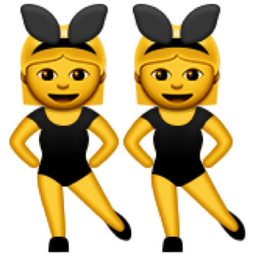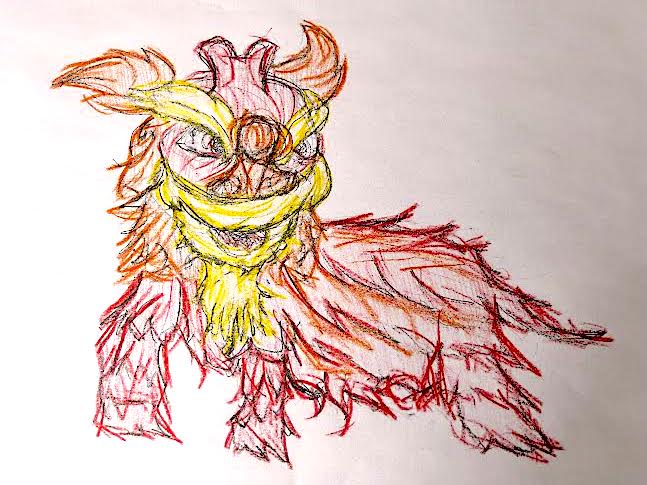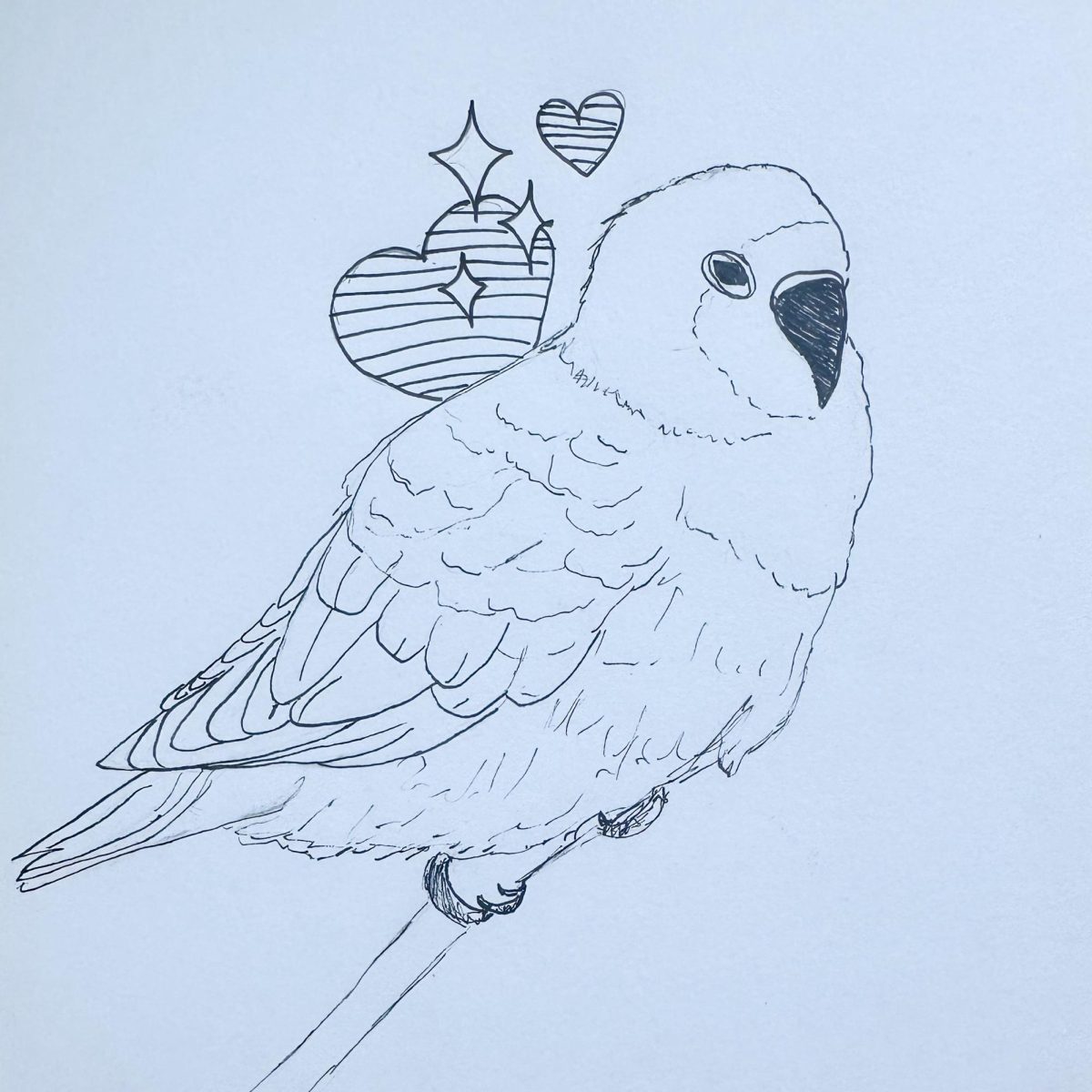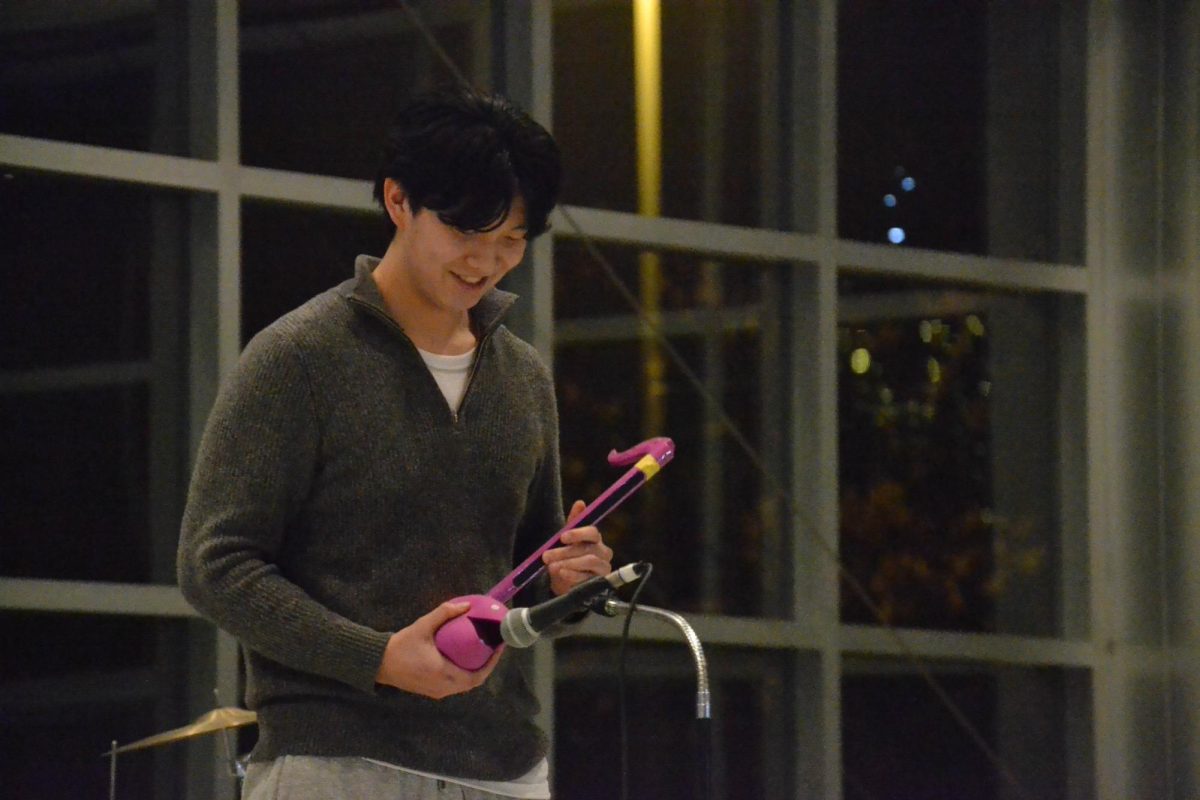A bride.
A flamenco dancer.
A woman getting a haircut.
And lots of pink.
These are the female emojis on your average smart phone. Who is the police officer, the runner, the swimmer, the surfer?
You guessed it, a man.
An avid emoji user myself, I never noticed the large disparity in the emoticons. Even as I placed a running emoji next to my cross-country friends name in my contacts, I never thought about how I was placing a small little man-in-motion next to the name of this strong, smart, and fast woman.
Recently, Always, a popular feminine hygiene brand, published an ad about the emoji inequality as a part of their #LikeAGirl campaign. The campaign began with a video of men and women being asked to do various activities like a girl. The participants ran with their arms flopping at their sides, threw a ball a few feet, and pretended to swing a bat with about as much arm speed as a snail. The ad then cut to little girls, mostly 12 and under, and asked them to perform the same acts, like a girl. When told run like a girl, they took on a fierce face of determination and pumped their arms as fast as they could. When told to fight like a girl, they threw fists in the air that could give Muhammad Ali a run for his money. These little girls knew they could do anything they wanted, and saying like a girl meant they did it with confidence and power.
The feminist emoji ad now strives to serve the same purpose as the rest of the ads on the campaign: to prove to young girls that being a woman is nothing to be ashamed of. In the emoji ad, several young girls are asked about the emojis. They notice that the girls are not doing anything the boys are. The sports, the physical activity, the strong roles, those emojis are reserved for the man. The girls are posing in dresses and wearing pink shirts with crowns.
On March 11, The New York Times posted a story about the newfound trend of Emoji Feminism, where writer Amy Butcher described an anecdote in which a close friend of hers received academic merit. When looking to text her congratulations, Butcher used the party-hat emoji, as well as the confetti and clinking beers. As a follow-up, she sent YOU DID IT! with a unicorn emoji, stating that her friend was a rare and beautiful beast.
However, as the article continues, Butcher realizes that her friend is far from a unicorn. Her friend is a strong, real woman, who just accomplished something amazing. A tiny woman in a pink shirt holding up a sassy hand or a flamenco dancer in a red dress poorly represents the true essence of a woman, according to Butcher and the #LikeAGirlCampaign.
While a fairly new trend, it is hard to tell how much attention the emoji feminism will gain on social networking sites such as Twitter and Instagram. Perhaps more emojis will be added, maybe even a whole new category.
In the meantime, however, Butcher suggests using a penguin. As she and her friend discussed the lack of female emojis, they decided the penguin emoji described a strong-willed woman. According to Butcher, during a recent glacier collapse in Antarctica, thousands of penguins died. The few who managed to escape did so with perseverance and courage. So ladies, next time your friend does something great, stray away from the princess and crown emoji, and opt for a penguin. Or maybe just congratulate them in person.







